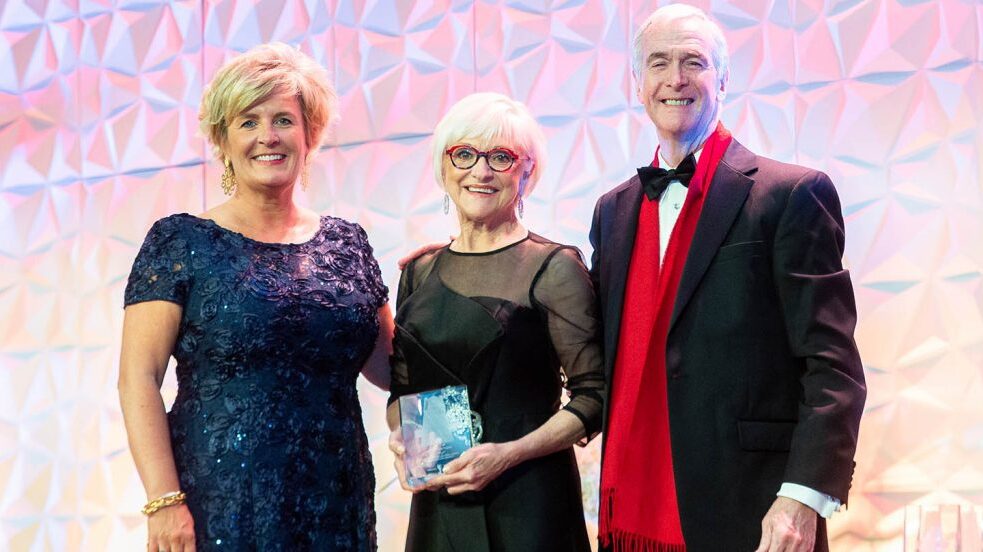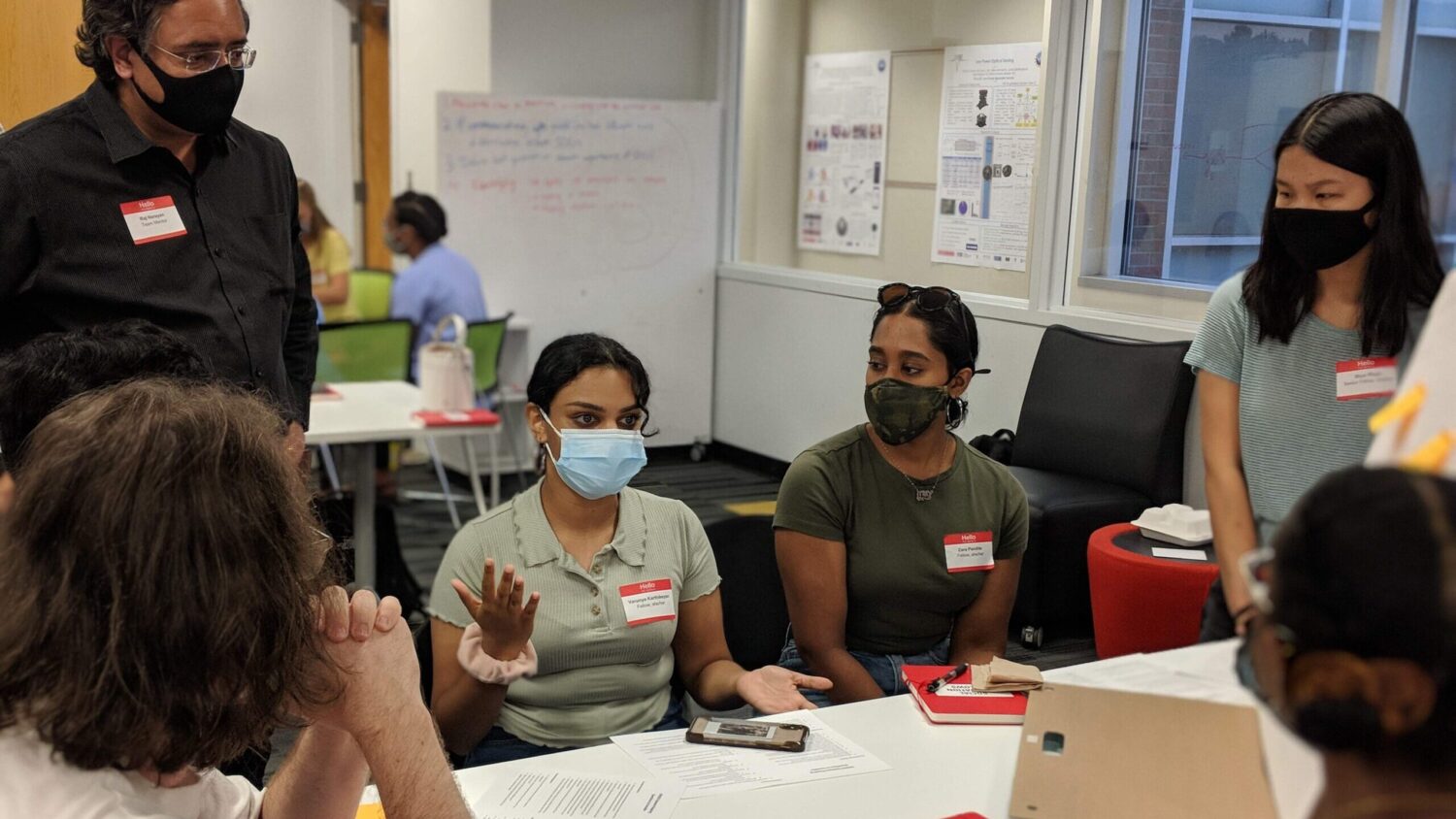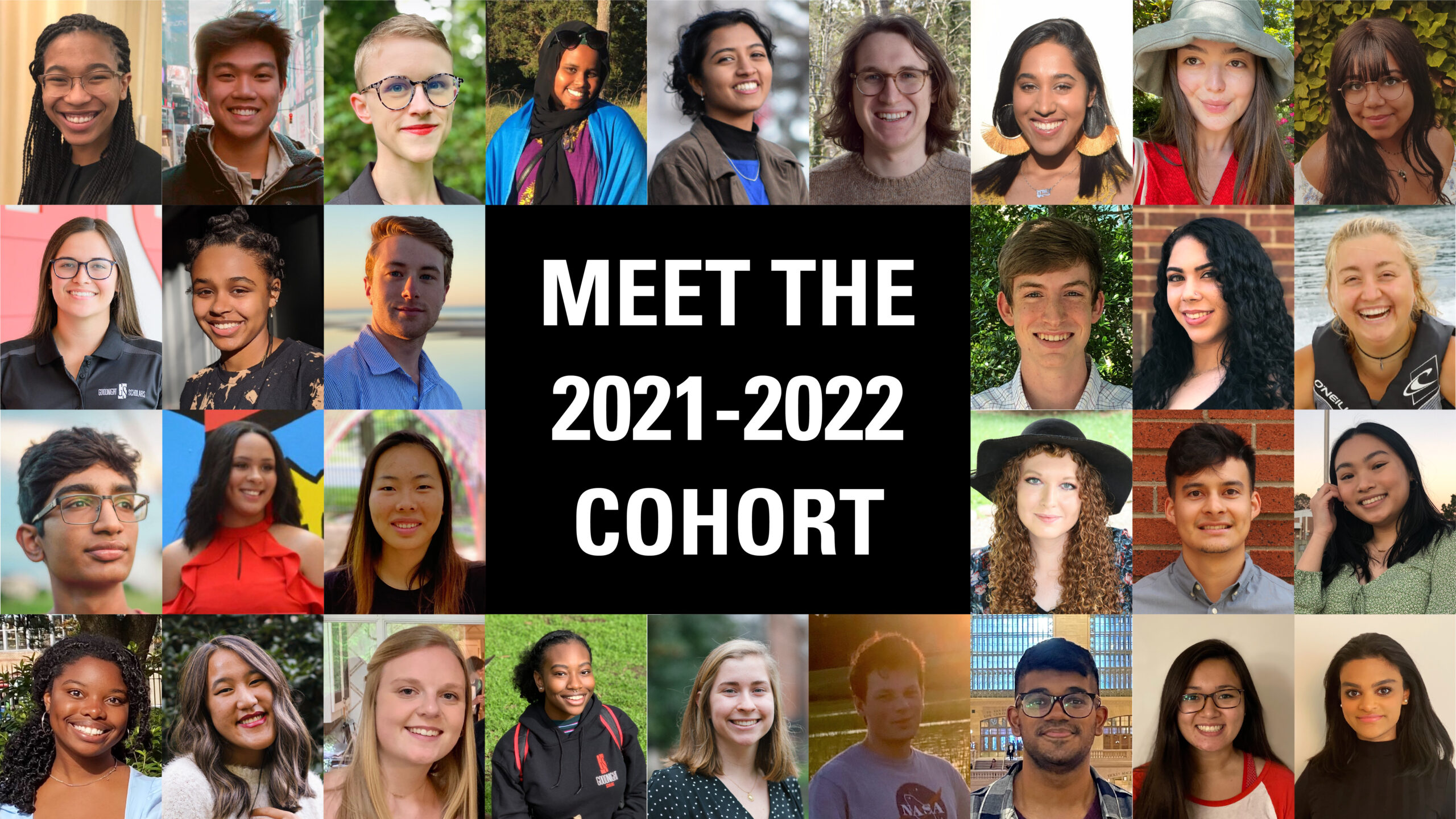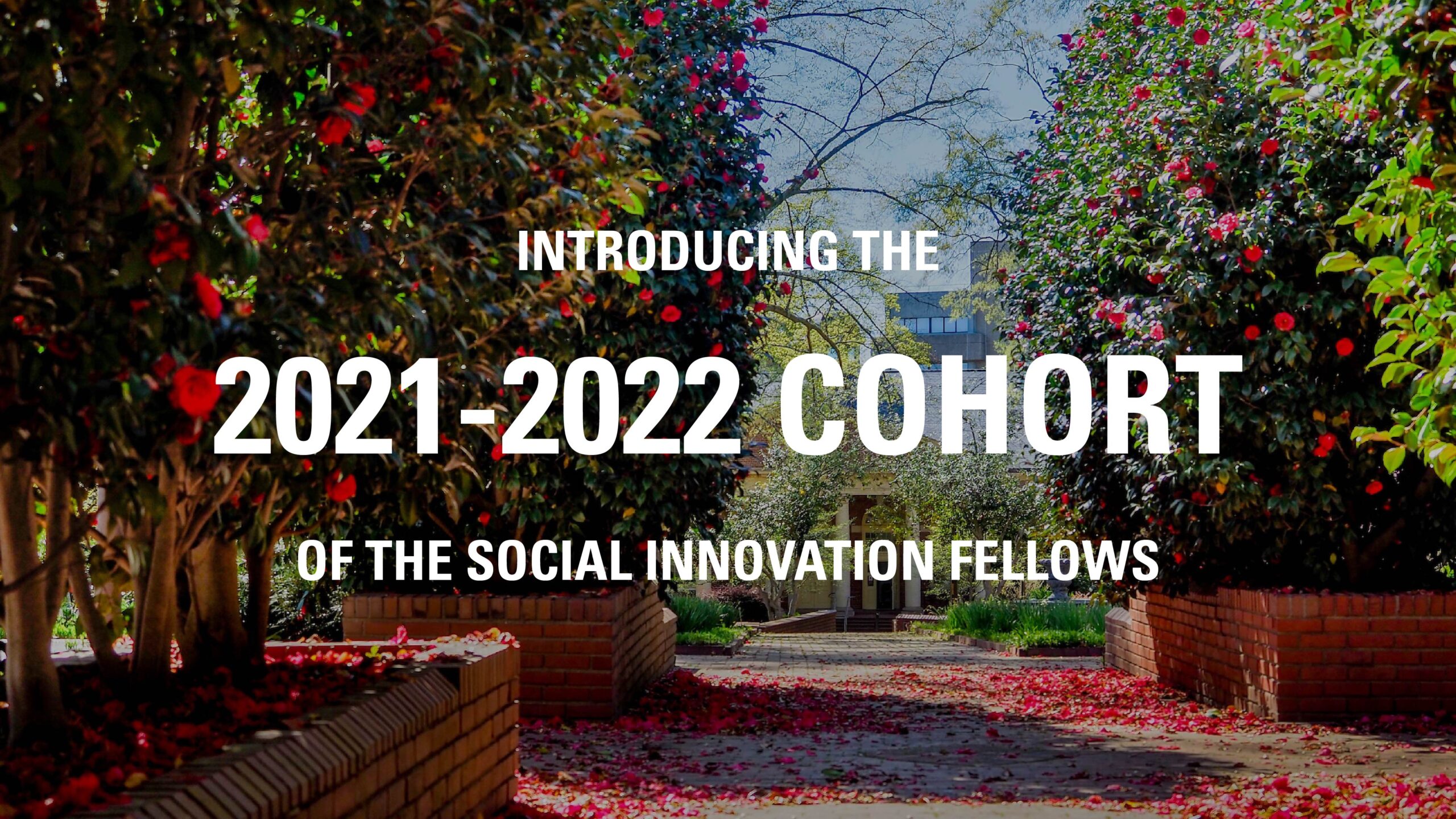Interview with Social Innovation Fellows Team Mentor Jane Rogers

Jane Rogers (middle) volunteers as one of six team mentors in the Social Innovation Fellows (SIF) program. Team mentors play a guiding role for our student teams, offering them valuable expertise and experience to compliment their own fresh perspectives.
Can you tell me a bit more about your background and how your journey has led to where you are?
I’m a graduate of North Carolina State and was in the College of Education with a specificity in English, history, and sociology. My plan was to teach English after graduating, so I taught in the classroom for a bit and then moved on to a special program with the Department of Education in research and development. I moved around from New York to Connecticut, and it was in Connecticut where I started a business with a friend.
What was the venture you started with your friend?
The business was an educational program where we taught golf to students. All the proceeds from this program were used to help send students to four year universities after high school.
Gotcha, okay now back to your journey on how you landed here.
I moved back to North Carolina after Connecticut and started working in the environmental field where we raised money for educational programming in the school system to teach students about environmentalism and conservation. I also worked in consulting for the North Carolina’s Department of Transportation in the rail division. I helped write grants and contracts between the railroads and state. After I retired, I was invited to be a member on the Board for the Center for Environmental Farming Systems at NC State, and it was then where I met Elizabeth and learned about the Social Innovation Fellows program.
Education is clearly important to you, so how has that influenced your decision in becoming a team mentor?
My drive for being a team mentor is to do something bigger and more meaningful – to help others overcome challenges and become more responsible for their actions and outcomes. As a mentor, you can use your own experiences to influence others in a positive way and to help develop the skills they’re going to need to be successful.
Can you give me an example of a skill necessary to be successful?
Resiliency – learning how to overcome challenges and learn how to make good decisions. That’s what the entrepreneurial mindset is all about and that’s what the Social Innovation Fellows program helps develop in students.
What do you love most about being a mentor?
Encouraging and motivating students to pursue their dreams. I can use my own life as the springboard for them to do that and help the team get to where they need to be. The program allows you to think and to do something that will have an impact and help students better understand the skills that are needed in all aspects of their lives, not just building a business, but building a life and staying in action.
This has been a challenging year, what keeps you grounded and motivated?
To always stay in action, but also allow yourself time to reflect on your mistakes. I think it’s through your challenges that you find your strength and your weaknesses. I think that’s how we got through COVID when we were looking at who were the real heroes – it was the frontline workers that were working 15 hour days to keep people alive. They got to that title of hero through living into that challenge and I do think we all have a little bit of it in ourselves.
What’s the most valuable lesson you’ve learned throughout your career?
I think what I’ve learned is that the most valuable thing I’m able to do is give back. I can help people learn how to make decisions and better choices, but I can’t make that decision for you. And involved in all of that is resilience and being able to get out of bed in the morning knowing that today can be a better day.


